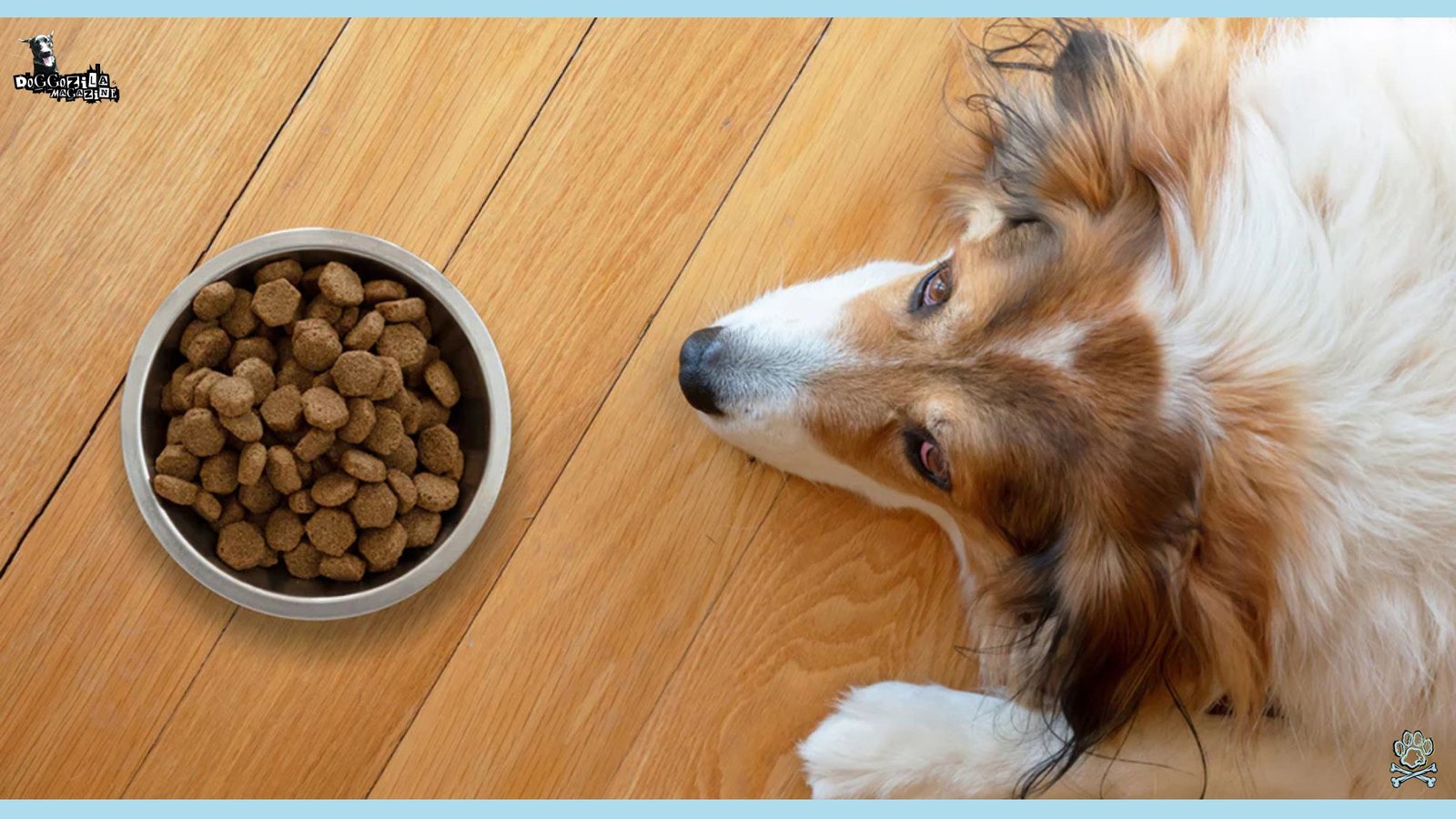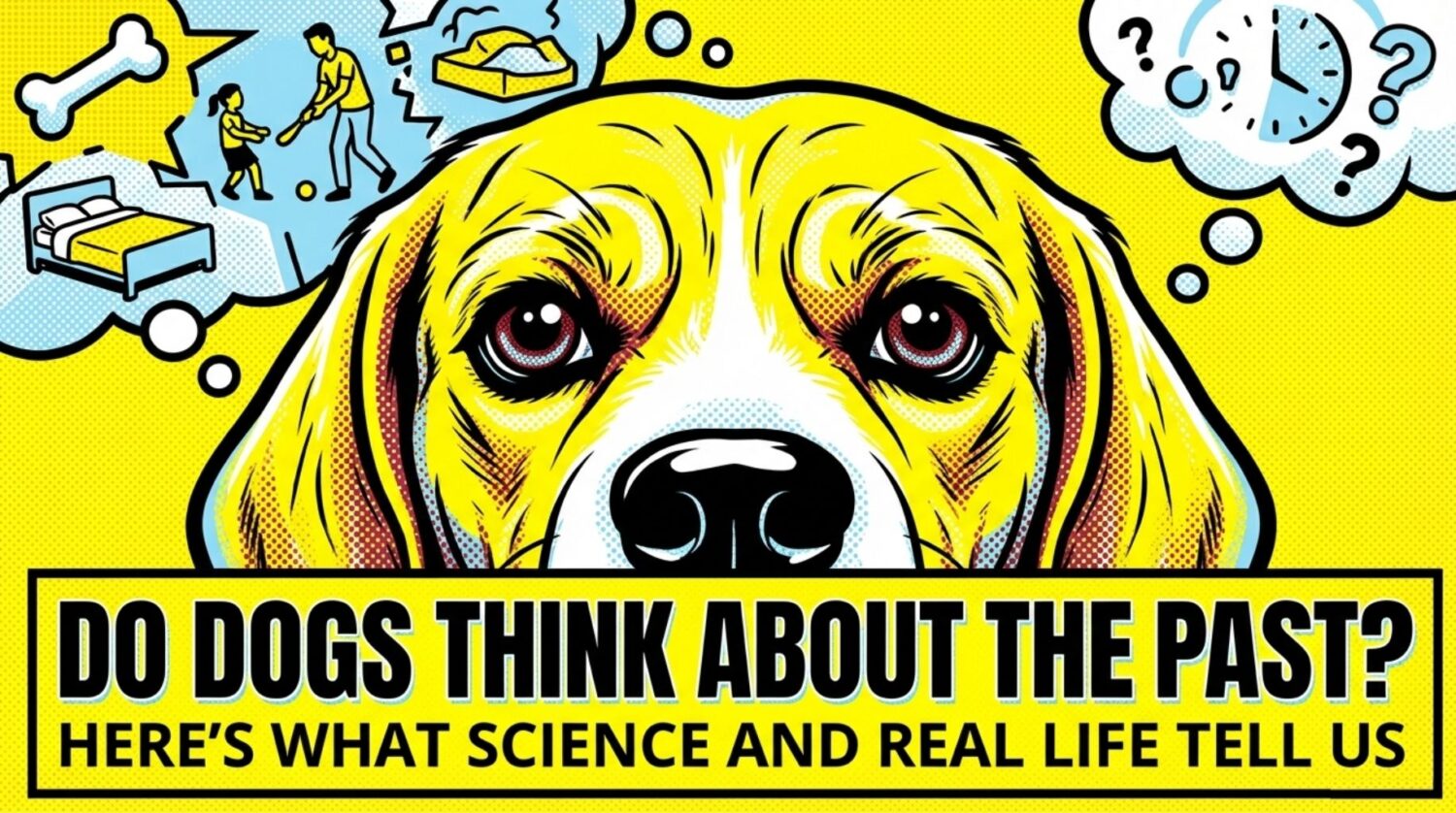Seeing your dog skip a meal can worry you. They still play and wag their tail. They act perfectly normal otherwise. So, what is happening? This is a very common question for dog owners. The answer is often not too serious. This guide will explore the various reasons why your dog is not eating but still acting normal.
Many have faced this. There are many reasons for this behavior. Some are simple and some need a vet. It is a common issue for pet owners everywhere. We will uncover when you should be truly concerned. We provide practical solutions for your furry friend. Let’s solve this dining dilemma together and get tails wagging at mealtime again.
„Is your dog ignoring his dinner bowl but still begging for playtime? Let’s uncover the surprising reasons behind this confusing behavior and get your best friend back to happy mealtimes.“
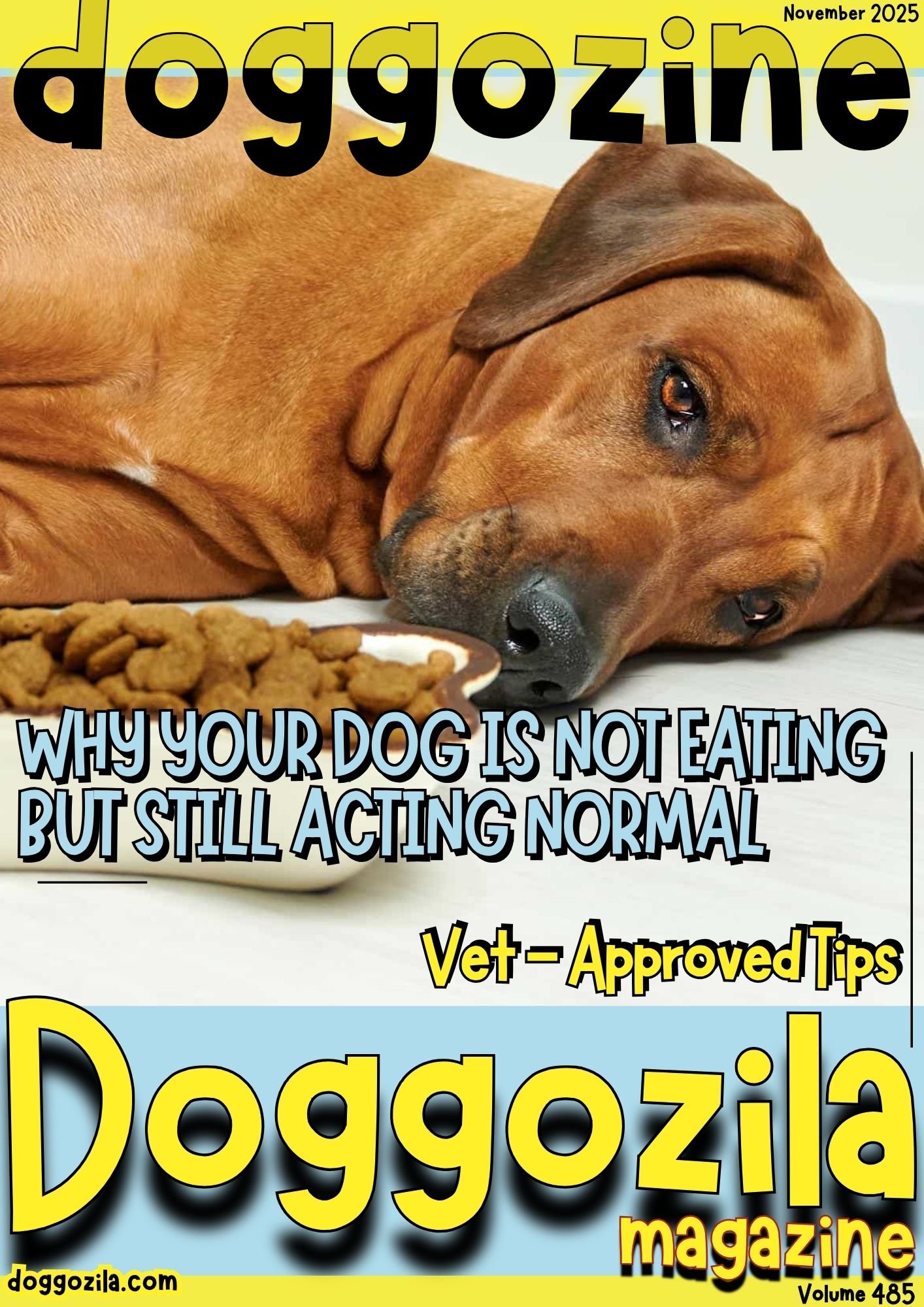
Quick Summary About WHY YOUR DOG IS NOT EATING BUT STILL ACTING NORMAL
This article explores the common and sometimes puzzling situation of a dog who stops eating but otherwise acts perfectly normal. We dive into the various causes, from simple behavioral issues like stress or picky eating to more hidden medical concerns. You’ll find practical, easy-to-try solutions to encourage eating, learn when it’s time to call the vet, and get answers to frequently asked questions, all to help you navigate this worry with confidence.
UNDERSTANDING WHY YOUR DOG IS NOT EATING BUT ACTING NORMAL
Your dog refusing food is confusing. They seem happy and healthy otherwise. Dogs can have off days just like us. Their appetite can dip without any serious cause. This is one reason why is your dog not eating but acting normal today. Veterinarians note an important distinction. True anorexia means no interest in food. Pseudo-anorexia means they want to eat but cannot. They might feel pain or discomfort while eating. This is a key thing to watch for.
Most adult dogs can skip a meal or two. This is usually not a major concern. Prolonged refusal needs closer attention. You need to find the underlying issue quickly. Watching their behavior gives you great clues.
Recognizing Normal Behavior Versus Concerning Signs
Learn to differentiate temporary disinterest from concerning changes. Normal fluctuations happen with hot weather. Less activity can also cause a smaller appetite. A dog might eat less after a big day. Persistent refusal needs a vet visit. A happy dog will still act like themselves. They will bring you toys and want walks. A sick dog may hide or seem tired. They might not greet you at the door. This helps you understand why your dog is not eating but acting normal and if it’s serious.
The Timeline For Concern Regarding Appetite Changes
Contact your vet after 24 hours of no food. For puppies, seek advice much sooner. Their tiny bodies need fuel more often. They can get low blood sugar quickly. Dogs with diabetes also need faster care. This helps to prevent serious complications. Always error on the side of caution. It is better to call and be reassured. This timeline is crucial when figuring out why your dog is not eating but acting normal.
Trusting Your Instincts As A Pet Parent
You know your dog’s normal behavior best. Trust that intuition when something feels off. You notice their little habits and moods. Document changes in their eating habits. Write it down so you don’t forget details. This helps your vet identify issues early. You are the best advocate for your pet. Never feel silly for calling your vet. They are there to help you and your dog.
🔑 Key Points: Dogs can have temporary appetite dips just like people do. It’s key to know if your dog won’t eat or can’t eat due to pain. Most healthy adult dogs can safely skip a meal or two. Prolonged food refusal for over 24 hours needs attention. Your own instinct as a pet parent is a valuable tool. Watching your dog’s overall behavior provides important clues. Normal appetite changes can happen with heat or less activity. Documenting changes helps your vet make a faster diagnosis.

EXPLORE THE MEDICAL REASONS WHY YOUR DOG IS NOT EATING BUT STILL ACTING KINDA NORMAL
Sometimes food refusal signals hidden medical issues. Dogs are masters at hiding discomfort. This is a survival instinct from their wild ancestors. They might play even when they do not feel well. Various health conditions can diminish appetite. This is a common reason why your dog is not eating but acting normal.
Medical reasons range from mild to serious. Dental problems are a very common physical reason. Imagine trying to eat with a toothache. It would make anyone avoid their food. Low-grade nausea can also reduce hunger. Even a low-grade fever can put them off their food.
Hidden Pain That Explains Why Your Dog is Not Eating but Acting Normal
Dental issues in dogs like gum disease make chewing painful. Your dog might approach food then retreat. They might also drool or paw at their mouth. A broken tooth can also cause serious pain. You might not see the tooth itself. Arthritis can make bending to the bowl uncomfortable. This is a subtle reason why your dog is not eating but acting normal. General body pain is distracting enough to reduce interest. Pain is a top reason why dogs are not eating their food.
Gastrointestinal Disturbances and Organ Function
Mild stomach upsets can cause temporary nausea. This often happens from dietary indiscretion. This means they ate something they shouldn’t have. Serious conditions like pancreatitis often start this way. Appetite changes appear before other obvious signs. Kidney or liver disease can also cause this. These organs help process nutrients in the body. An upset tummy is a classic reason why your dog is not eating but acting normal. They may go off their food to rest their stomach.
Medications and Medical Treatments for Your Dog When They are Not Eating but Still Acting Normal
Some prescription medications can cause stomach upset. Antibiotics are a common culprit for this. They can also diminish your dog’s sense of smell. Smell is very important for appetite in dogs. Recent vaccinations can cause temporary appetite reduction. The immune system response is similar to humans. Your dog’s body is busy building protection. Always check medication side effects with your vet. They can often suggest giving pills with food.
🔑 Key Points: Dogs often hide pain and illness very well. Dental problems are a leading medical cause of appetite loss. Pain anywhere in the body can make your dog not want to eat. Gastrointestinal upset or organ disease often starts with appetite loss. Conditions like pancreatitis begin with refusing food. Some medications or vaccinations can temporarily reduce appetite. Low-grade nausea can stop hunger without causing vomiting. A health issue is a common reason why a dog stops eating.
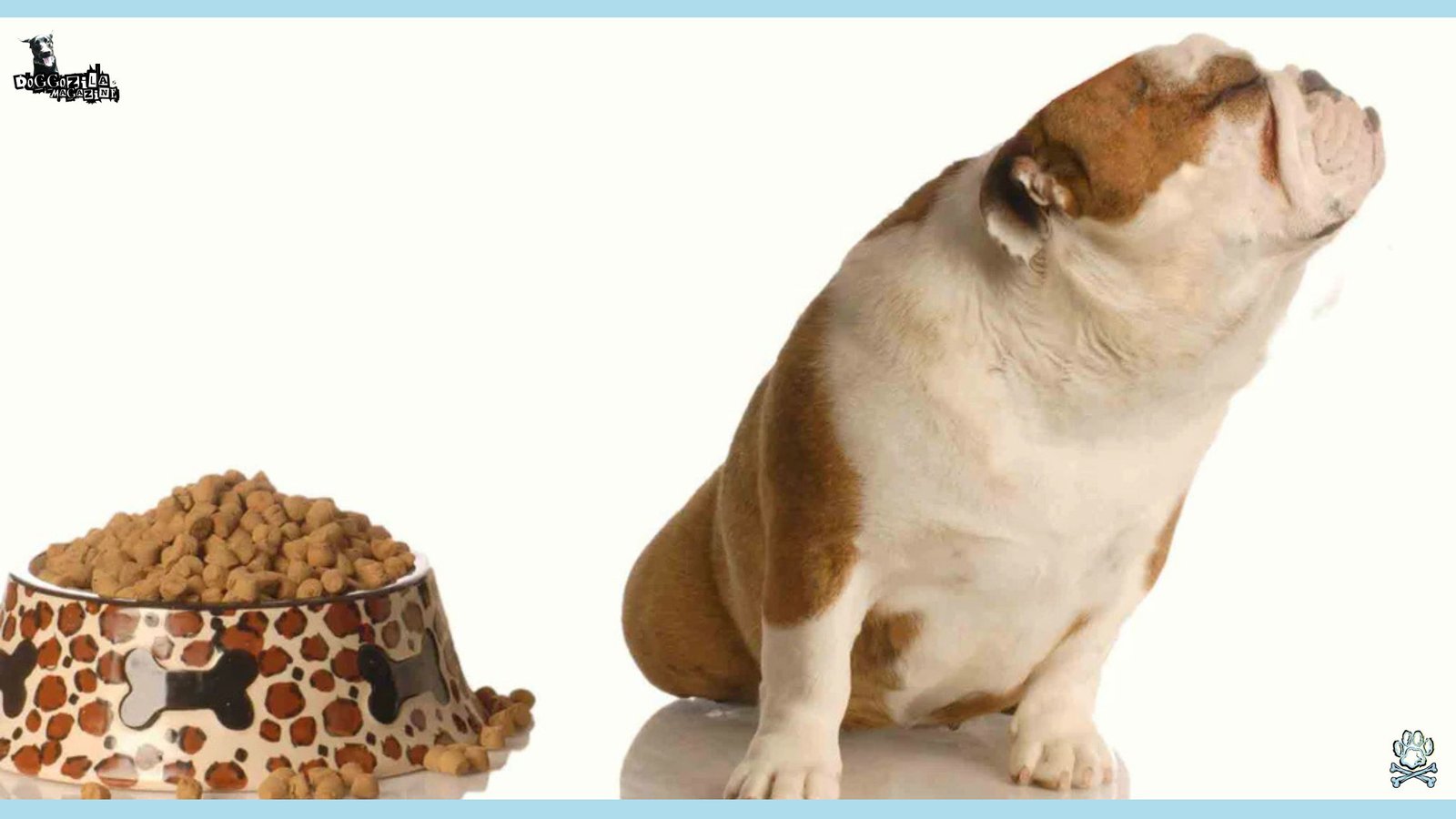
BEHAVIORAL AND ENVIRONMENTAL FACTORS AFFECTING APPETITE
The reason why your dog is not eating but acting normal is often behavioral. Dogs have complex emotional lives. They can feel stress, anxiety, and boredom. Changes in routine can trigger appetite loss. Their feeding setup might also be the problem. They are creatures of habit at heart. Our absence had simply stressed him out. Stress manifests differently in dogs than people. It can totally switch off their hunger.
Behavior-related appetite problems often improve quickly. This happens once the stressor is removed. It might take a few days for them to settle. Environmental changes seem minor to us. A new piece of furniture can be stressful. They can be deeply unsettling for our dogs.
Stress and Anxiety Impact on Eating Habits
Separation anxiety may cause less eating when you are away. They happily eat when you return home. This is a clear sign of emotional distress. New pets or family members shift household dynamics. This includes new babies or roommates in the home. Dogs feel too anxious to eat until they adjust. This can take a week or even longer. Loud noises like storms are also big triggers for dogs. Fireworks and construction noise can cause fear. This stress is a key reason why your dog is not eating but acting normal.
Understanding Picky Eater Syndrome
Some smart dogs learn to refuse ordinary kibble. They know this leads to more exciting options. This is a learned behavior from past experience. This creates a cycle of picky eating. It can become a frustrating habit for owners. They hold out for something much better. This is often a main reason why your dog is not eating his kibble but still acting normal. This learned behavior is hard to break. Consistency is the most important solution.
Food and Bowl-Related Aversions
Sometimes the food itself is the issue. It might be stale or improperly stored. Always check the expiration date on the bag. The type of bowl matters a great deal too. Some dogs dislike noisy metal bowls that move. The clanking sound can startle them while eating. A dirty bowl can also be a big turnoff. Wash food bowls with soap and water daily. This simple fix can solve the mystery of why your dog is not eating but acting normal.
🔑 Key Points: Stress and anxiety are major causes of appetite loss. Changes in routine or household dynamics can be stressful. Some dogs learn to be picky eaters to get better food. The type or cleanliness of the food bowl can be a turn-off. A new environment or loud noises can cause a dog not to eat. Boredom with the same food can lead to refusal. Dogs are creatures of habit and dislike change. Behavioral issues often improve once the stress is gone.
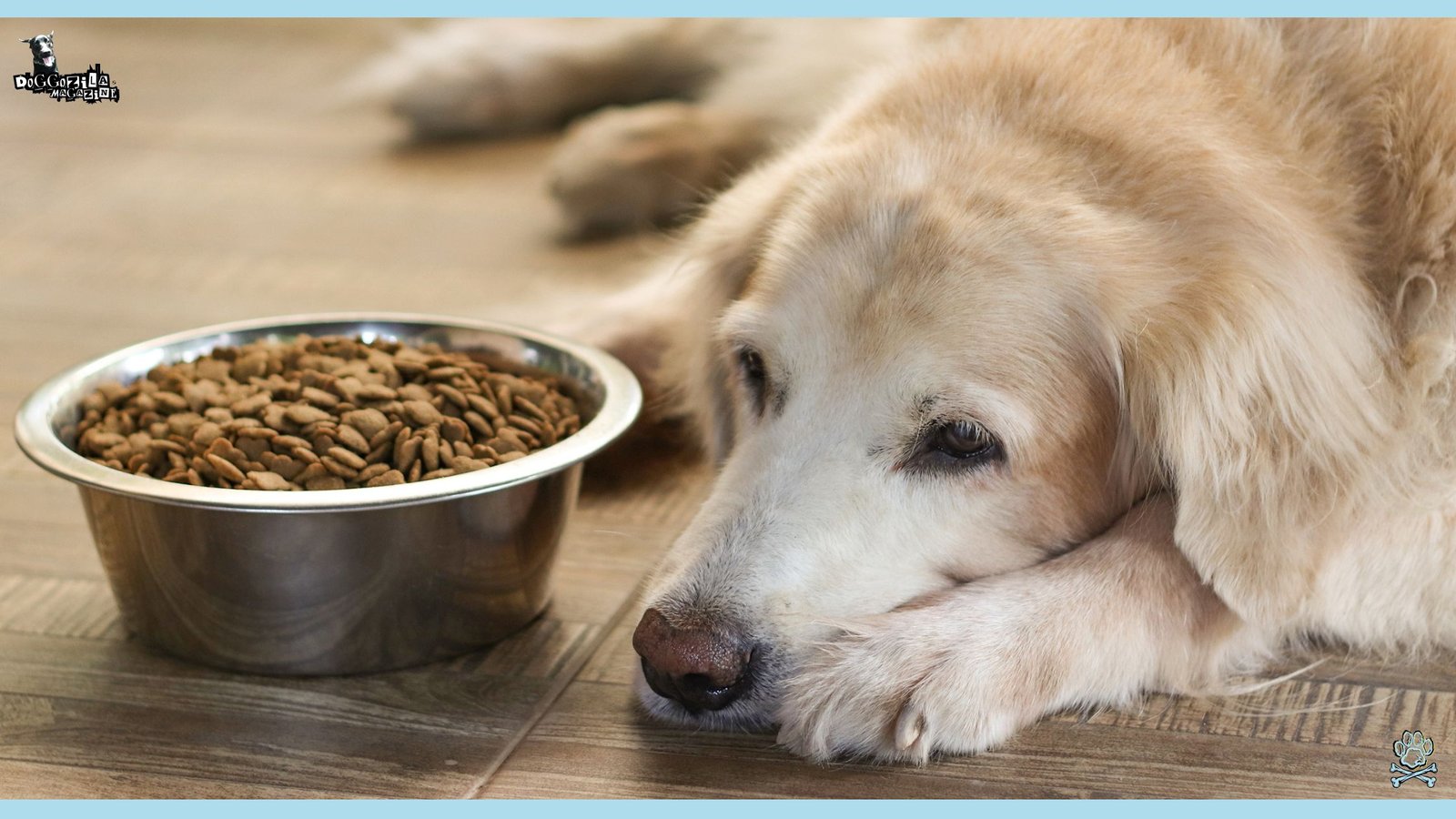
PRACTICAL SOLUTIONS WHEN YOUR DOG IS NOT EATING BUT DRINKING ONLY WATER AND ACTING NORMAL
Your dog drinking but not eating is often reassuring. It means they are likely not dehydrated. Dehydration is a serious medical concern for dogs. The issue might be temporary or less serious. Their basic instincts are still functioning well. This is a good sign for owners to see. Simple solutions often work wonders for appetite. Enhancing food’s appeal through gentle warming helps. Just thirty seconds in the microwave can do it. This releases aromas that stimulate their appetite. It makes their mouths water just like ours. This can solve the puzzle of why your dog is not eating but acting normal.
Adding palatable toppers can entice picky eaters. Try low-sodium broth or cooked chicken. Plain pumpkin puree is also a great option. You can also add a spoonful of wet food. This mixes the smells and textures together. Changing feeding schedules can also make mealtime more appealing. Sometimes a simple change is all they need.
Food Enhancement Strategies for Picky Eaters
Warming food to body temperature enhances its aroma. This is especially good for older dogs. Their sense of smell often diminishes with age. Adding warm water to dry kibble softens it. This is helpful for dogs with sensitive teeth. It also releases more tempting scent for them. A little Parmesan cheese can also work magic. Most dogs love the strong smell and taste. These tricks can address why your dog is not eating his dry food and still acting normal.
Establishing Positive Mealtime Routines
Feed your dog at consistent times each day. This establishes predictable and secure patterns. Dogs thrive on knowing what happens next. Create a quiet and low-traffic feeding area. A calm corner of the kitchen works well. It minimizes distractions and reduces their stress. Praise them for eating their meal calmly. Use a happy voice to say “good dog“. This positive reinforcement builds good habits.
Environmental Adjustments for Better Eating
Raised food bowls help older dogs with joint issues. They reduce neck and back strain during meals. This makes the whole process more comfortable. Non-slip mats provide secure footing for your dog. This is especially good for dogs on tile floors. Some dogs prefer ceramic over metal bowls. The weight makes them less likely to slide. The right setup makes a huge difference for appetite.
🔑 Key Points: Drinking water but not eating is a good sign against dehydration. Warming food enhances its smell and makes it more appealing. Adding tasty toppers like broth can encourage eating. A consistent feeding routine in a quiet spot reduces stress. Raised bowls may help older dogs with joint pain. Changing the bowl type can solve a hidden aversion. Food puzzles can make mealtime fun and engaging. Simple changes are often the most effective solutions.
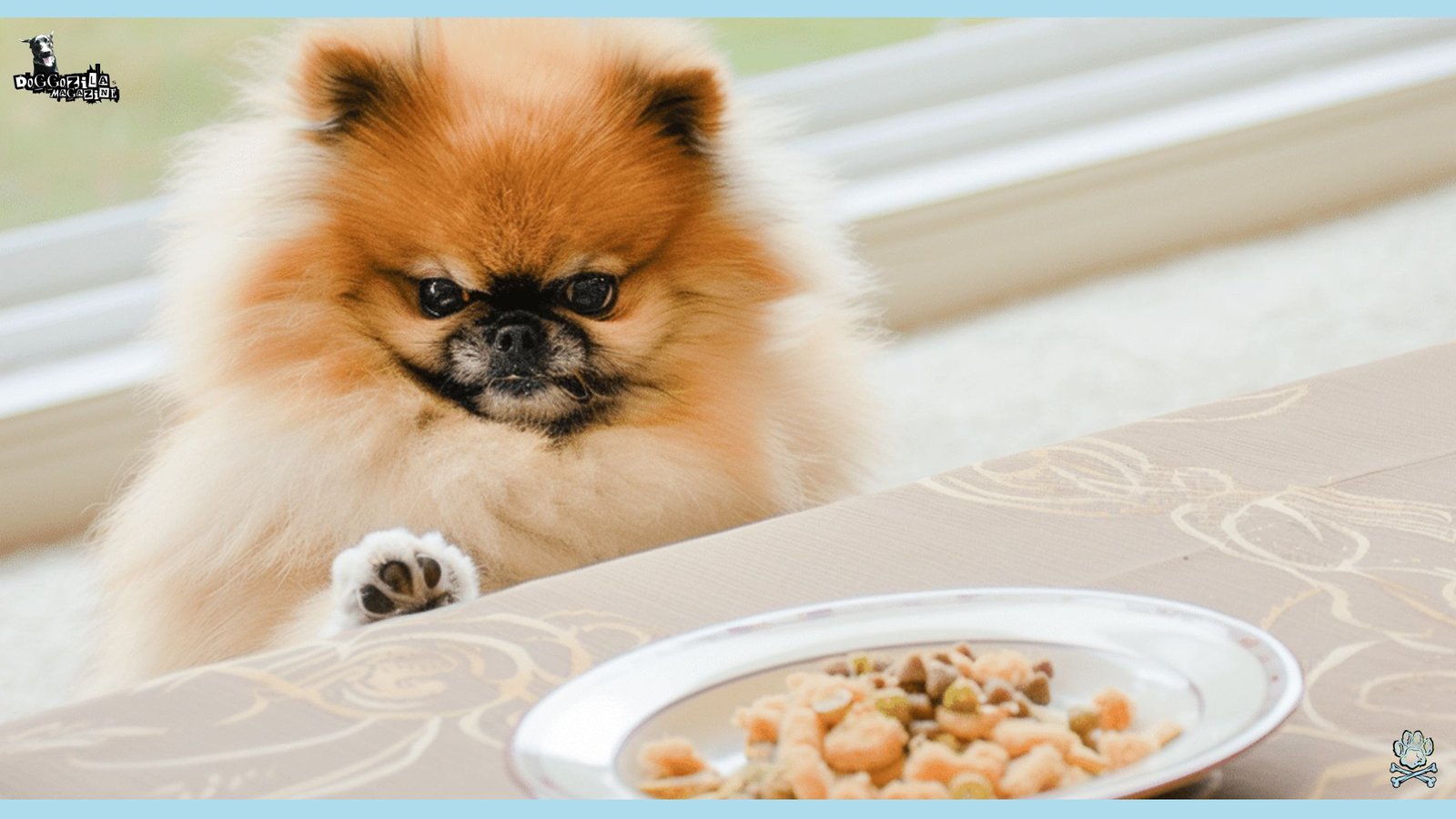
FUN FIXES AND APPETITE ENCOURAGEMENT WHEN YOUR DOG IS NOT EATING BUT STILL ACTING NORMAL
Sometimes your dog needs a little motivation. Making mealtime fun can solve the problem. This is especially true for bored or clever dogs. Breeds like Border Collies need mental challenges. They need engagement to spark their interest. This can answer why your dog is not eating his boring kibble and still acting normal. Try using food puzzles or interactive toys. These make your dog work for their meal. They have to roll or slide parts to get food. It stimulates their mind and their appetite. It turns eating into a rewarding game. This is great for high-energy breeds.
You can also try hand-feeding for a short time. This offers reassurance and strengthens your bond. It shows your dog you are providing for them. Sometimes just changing the feeding location helps. Try moving the bowl to a new room. A new spot can make dinner exciting again. A little variety can go a long way.
Using Play to Stimulate Appetite
A short game of fetch before meals can help. Gentle exercise often stimulates a dog’s hunger. It gets their body and their metabolism ready. This mimics hunting behavior in the wild. Then they are more likely to eat their food. A tired dog is often a hungry dog. This is a fun solution to try at home. It can really help when you wonder why your dog is not eating but acting normal.
The Power of Novelty in Food
Rotating between different high-quality foods can help. It prevents boredom with the same taste. Dogs can get tired of the same flavor. You can also try a brand new protein source. Lamb or fish might be more interesting. These have strong smells dogs love. Always switch foods slowly over a week. Mix the old and new food together gradually. This prevents stomach upset from sudden changes.
Creating a Happy Mealtime Atmosphere
Stay calm and use a happy voice at mealtimes. Your dog can pick up on your own stress. They are very tuned into our emotions. Avoid staring at them while they decide to eat. This pressure can make them more nervous. Instead, busy yourself with another task. Act casual and they may follow your lead. This relaxed approach often gets the best results.
🔑 Key Points: Make mealtime a game with food puzzles and toys. A short play session before eating can stimulate appetite. Hand-feeding can build trust and encourage nervous dogs. Changing the feeding location can make food exciting again. Rotating food flavors prevents boredom with eating. A calm, happy atmosphere at mealtime is very important. Exercise mimics hunting and can trigger hunger. Novelty is a powerful tool for picky or bored dogs.
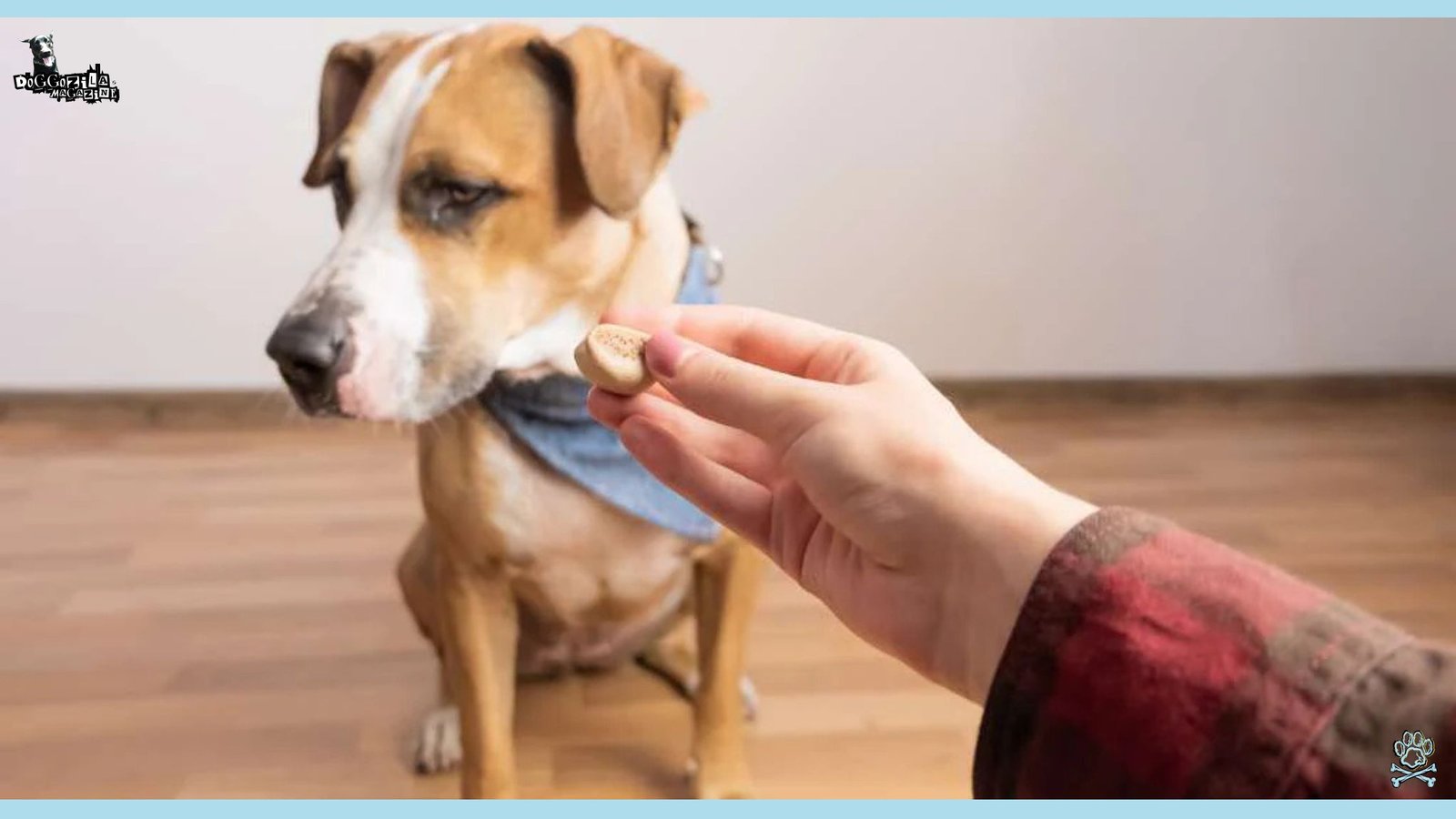
THE EMOTIONAL CONNECTION AND YOUR DOG’S APPETITE
Your dog’s feelings are tied closely to eating. They are social creatures who enjoy shared routines. In the wild, dogs eat together in a pack. A change in your schedule can affect them. A new work schedule is a common example. They might not eat because they miss you. This is a sweet reason why your dog is not eating but acting normal. Dogs are very sensitive to our own emotions. If you are anxious about their eating, they notice. Your worry can travel down the leash to them. This can create a cycle of stress for you both. The more you worry, the less they eat. Staying calm is crucial for solving this. Your mood directly impacts their behavior.
Building positive associations with their food bowl is key. Never use it for punishment or scolding. This creates a negative link in their mind. Instead, place tasty treats near it randomly. Do this even when it is not mealtime. This helps them see the bowl as a good thing. This can rebuild a positive relationship with food.
Is Your Dog Not Eating but Acting Normal When You Are Away?
Separation anxiety is a very common cause. Your dog might feel too sad to eat alone. They are waiting for their pack to return. They wait until their favorite person returns. Then they will often eat everything quickly. A pet sitter or dog walker can sometimes help. The company makes them feel more secure. This is a classic scenario of why your dog is not eating but acting normal without you.
How Your Own Worry Affects Your Dog’s Eating?
Dogs are incredible at reading our body language. They notice your posture and your tone of voice. They sense when you are watching them too closely. This intense focus makes them feel pressured. This pressure can make mealtime stressful for them. Try to act normally and give them space. Read a book or check your phone instead. Your confidence will help them feel confident.
Building Confidence Around Food For Nervous Dogs
Help your dog feel safe and secure during meals. Feed them in a quiet and comfortable corner. A place where they won’t be startled is best. Praise them gently when they approach their bowl. Use a soft, encouraging tone of voice. Every small positive step is a big win. Even sniffing the food is progress. Patience is the most important ingredient. This builds trust and solves the puzzle of why your dog is not eating but acting normal.
🔑 Key Points: Your dog’s appetite is closely tied to their emotions. Separation anxiety is a common reason for not eating alone. Dogs are very sensitive to their owner’s stress and worry. Your confidence can help your dog feel confident at mealtimes. Building positive associations with the food bowl is key. Never use the food bowl for punishment or scolding. Patience is the most important ingredient for nervous eaters. Your bond directly influences your dog’s eating habits.

WHEN TO SEEK VETERINARY CARE WHEN YOUR DOG IS NOT EATING BUT ACTING NORMAL?
Many appetite loss episodes resolve on their own. They last for a meal or two then improve. Certain situations need professional veterinary attention. Do not try to handle these alone. Call your vet if your adult dog refuses food for 24 hours. This is a good general rule to follow. Some warning signs need immediate veterinary attention. This is true no matter how long it has been. If your dog is not eating and not drinking, go now. Dehydration is a dangerous medical condition. This is a potential emergency situation for sure.
Your veterinarian can perform important diagnostics. They have training and tools you lack at home. They can find hidden issues not apparent to you. Blood work and X-rays help identify problems. These tests give a full picture of health. Early treatment is always much better for recovery. Do not wait until your dog seems very sick.
Red Flags That Require Prompt Veterinary Attention
Complete refusal of food and water needs quick care. This is especially true for small breed dogs. Dehydration can develop very quickly in dogs. Within hours they can become very weak. Vomiting or diarrhea alongside appetite loss is worrying. This can lead to rapid fluid loss. Signs of pain like whining need diagnosis. Pain is a symptom, not a disease itself. Lethargy is another big red flag for vets. A lethargic dog has no energy for normal activities.
Diagnostic Approaches Vets Use for Appetite Issues
Your vet will start with a thorough physical exam. They will check your dog’s mouth and abdomen. They feel for any unusual lumps or bumps. Diagnostic tests like blood work give important clues. This checks organ function and cell counts. Urinalysis can also reveal hidden problems. It shows how well the kidneys are working. Dental X-rays might be needed for tooth issues. Much of a tooth’s structure is below the gumline. These steps help find out why your dog is not eating but acting normal.
What Treatment Options Veterinarians Might Recommend For Your Dog If They are Not eating but Still Acting Normal?
Treatment depends entirely on the final diagnosis. There is no one-size-fits-all solution. It might include medications for nausea or pain. These provide comfort while the body heals. Appetite stimulants can help in some cases. These can be given as a pill or a gel. Supportive care like fluid therapy may be needed. This is given under the skin or intravenously. A special diet might also be recommended. These healthy dog diets are easy to digest and taste good.
🔑 Key Points: Contact your vet if an adult dog doesn’t eat for 24 hours. Puppies or dogs with health issues need help much sooner. Not eating and not drinking is an emergency. Vomiting or diarrhea with appetite loss needs quick care. Signs of pain or lethargy are major red flags. Vets use exams and tests like blood work to find the cause. Treatment may include medication or appetite stimulants. Early veterinary care leads to better outcomes.
